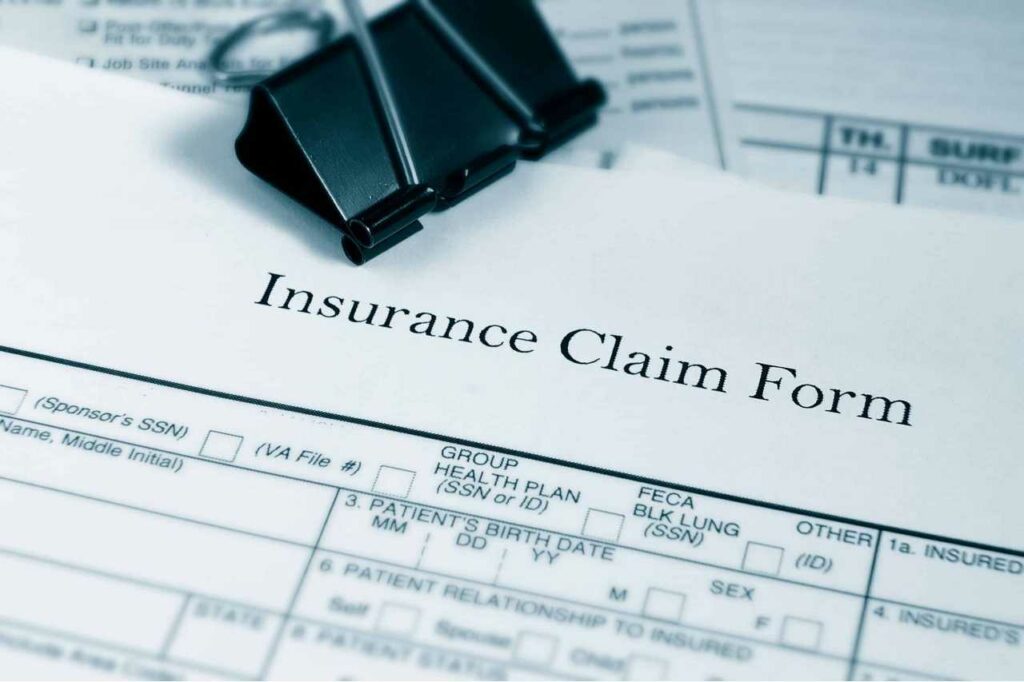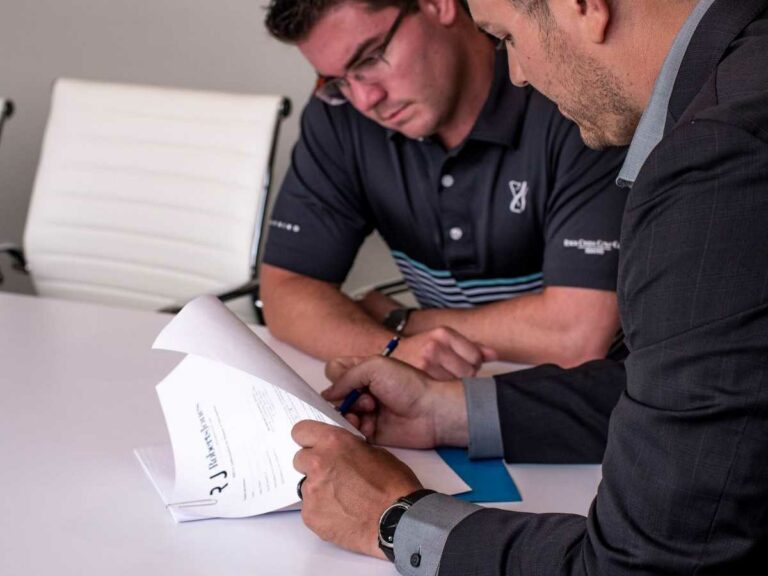Car accidents are one of the most scary and unpredictable incidents that can happen to us, and they can happen any day in Washington State. Not only is an injury to your body or your vehicle shocking and potentially traumatizing, but you have to deal with a lot in the aftermath – filing a car accident claim, multiple insurance companies, doctor visits, or even a hospital stay. Navigating the aftermath of a car accident is challenging; therefore, understanding Washington State car accident laws is crucial to your success.
Washington has unique regulations that can significantly affect the outcome of your case. Whether you are a Washington resident or simply driving through the state, if you are involved in a car accident claim, it is vital to be aware of how these laws can affect your case. This article explores critical aspects of Washington State car accident laws and how they influence your rights and potential challenges when pursuing a personal injury claim.
Aspect of Washington State Car Accident Laws
1. Washington’s Comparative Fault Rule

One unique aspect of Washington State car accident laws is the comparative fault system. Washington is one of only 12 states that employ this system, which assigns a degree of fault to each party involved in the accident. Your degree of fault can significantly impact your claim amount – the total compensation you receive will be reduced by your percentage of fault.
In good news, even if you were partially at fault for the accident, you can still seek compensation. However, your total award will be reduced by your degree of fault in any accident. For example, if state law finds you 20% at fault for an accident totaling $100,000 in damages, your compensation will be reduced to $80,000, subtracting the amount for which you were at fault. Understanding this rule is imperative in a car accident claim, as it can significantly impact the amount of compensation you receive.
2. The State Statute of Limitations
A statute of limitations is the time frame within which an accident victim can file a lawsuit. In Washington, the statute of limitations for personal injury claims is three years from the accident date. This gives the victim a three-year window to file a lawsuit against the at-fault party if a fair settlement cannot be reached outside of court. You must know this time limitation if you’ve been involved in a car accident. If you fail to file before the three-year time limit, your claim will be dismissed. Consulting with an experienced personal injury attorney such as Roberts Jones Law early in the process can ensure your case never reaches court, or if it has to, that it does so promptly without missing this crucial deadline.
3. State-mandated Mandatory Insurance Coverage

Washington State law mandates that each driver maintain up-to-date minimum car insurance coverage. The minimum required coverage is as follows:
- $25,000 for bodily injury or death of one person in an accident
- $50,000 for bodily injury or death of two or more people in an accident
- $10,000 for property damage
State-mandated coverage benefits all drivers by ensuring at least a basic level of financial responsibility for every driver on the road. It is an excellent place to start when seeking compensation for an accident. However, as you can see, these sums are unlikely to cover total damages in a serious accident. It is crucial to consider purchasing your own insurance policy that includes underinsured and uninsured motorist coverage.
4. Uninsured and Underinsured Motorist Coverage
Despite Washington State car accident laws mandating driver coverage, not every motorist on the road abides by these regulations. Unfortunately, accidents sometimes involve drivers with no insurance or insufficient coverage. In such cases, your insurance can be helpful. It is essential to purchase car accident insurance that includes an uninsured and underinsured motorist coverage (UIM) policy. This invaluable policy can help cover your medical expenses, property damage, and other losses when the at-fault driver doesn’t have adequate insurance. Although you want to believe other drivers act in good faith, having UIM coverage can provide an extra layer of protection in any car accident claim.
5. How and When To Report an Accident
Washington state car accident laws detail how and when an accident must be reported to the state authorities. You are required by law to report an accident if it results in any of the following: injury, death, or property damage exceeding $1,000. If you fail to report an accident, this can lead to legal consequences. Prompt accident reporting ensures all parties involved know the situation and creates an official record of the incident. The sooner you report an accident, the better, as it can be essential when pursuing your car accident claim and the compensation you deserve.
6. Washington’s No-fault vs. At-fault System

Washington state car accident laws follow an “at-fault” system, meaning the person found responsible for the accident and their insurance company are responsible for covering the damages and losses of the other parties involved. Unlike “no-fault” states, where each driver’s insurance covers their expenses, in Washington, the at-fault driver’s insurance is primarily responsible for compensating the victims. This distinction is critical because it influences how your claim is handled, the negotiation process, and how compensation is ultimately determined.
7. The Allowable Potential Damages
Washington state laws allow for several types of damages to be claimed in a car accident case, and understanding them is vital to assessing the full extent of your losses and maximizing your rightful compensation. You can seek compensation for all medical expenses related to your accident. This includes hospital bills, surgeries, rehabilitation, and ongoing treatment. It is also essential to consider chronic or future conditions and medical expenses that are a result of your injury.
If your car accident resulted in missed work and income, Washington state allows you to claim compensation for lost wages, both to the present day and potential future lost wages. State law also allows you to claim non-economic damages, such as physical and emotional pain and suffering.

Washington state car accident laws are unique, and how you navigate them plays a crucial role in the outcome of your case. Seeking legal counsel from an experienced personal injury attorney, such as the professionals at Roberts Jones Law, is vital to protecting your rights and obtaining the compensation you deserve. Understanding the nuances of these laws, their limitations, and their protections can help you be prepared to handle the aftermath of a car accident and pursue the justice you deserve.
How Roberts Jones Law Can Help
Have you been involved in a car accident in Washington state? Roberts Jones Law is here to help! Our experienced legal team ensures your car accident claim aligns with Washington State laws throughout the process and maximizes your rightful compensation. Working with your team takes a weight off your shoulders – we handle insurance company negotiations and all legal proceedings and can even represent you in court should your case come to it. Check out our testimonials, and contact Roberts Jones Law for expert guidance today!






